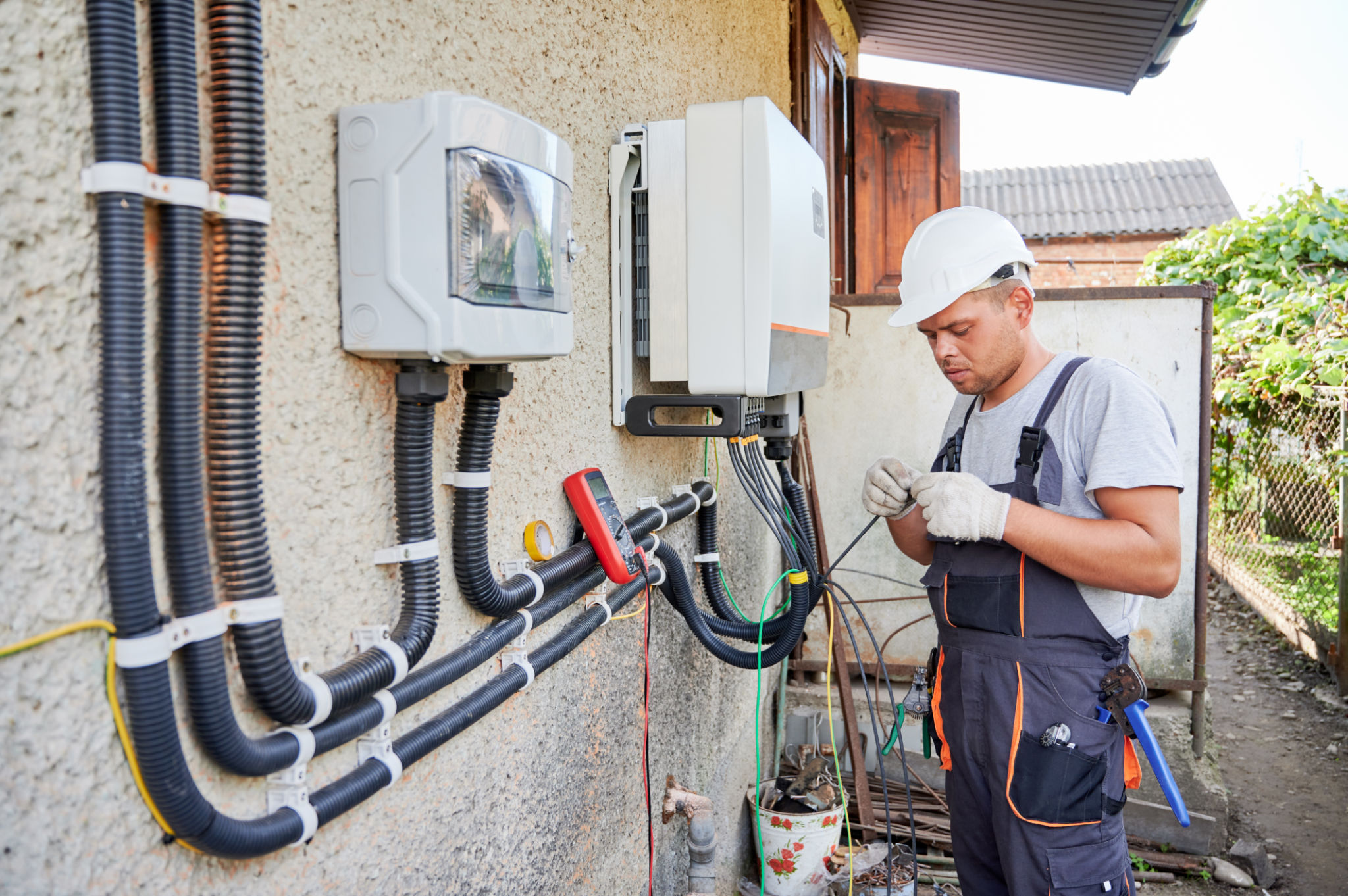Local Regulations for Solar Installation in qathet Regional District
Understanding the Basics of Solar Installation Regulations
As more residents in the qathet Regional District turn to solar power, understanding local regulations becomes crucial. These regulations ensure that solar installations are safe, efficient, and environmentally friendly. Here, we will explore the essential guidelines and procedures, providing you with a comprehensive overview to help you navigate the regulatory landscape.
In qathet Regional District, solar installation projects must comply with both provincial and local regulations. This involves adhering to specific building codes and zoning laws designed to maintain public safety and the aesthetic integrity of neighborhoods. Familiarizing yourself with these regulations can help streamline the installation process and prevent potential legal issues.

Permitting Process for Solar Installations
Before installing solar panels, obtaining the necessary permits is a critical step. The qathet Regional District requires homeowners to submit a detailed application outlining the proposed solar project. This application should include site plans, electrical diagrams, and structural assessments, ensuring the installation will not compromise the building's integrity.
The permitting process also involves an inspection phase. Upon submission of your application, local authorities will evaluate your plans to ensure compliance with safety and zoning regulations. Once approved, an inspection will be scheduled to verify that the installation adheres to all stipulated guidelines.
Key Considerations for Homeowners
There are several key considerations for homeowners embarking on solar projects. First, check whether your property falls within any special zoning areas that may have additional restrictions. Additionally, consider potential shading issues caused by neighboring buildings or trees, as these can impact the efficiency of your solar panels.

Environmental and Efficiency Standards
Solar installations in the qathet Regional District must meet specific environmental and efficiency standards. These standards are intended to promote sustainable energy use while minimizing the environmental footprint of each project. For instance, solar panels should be installed in a way that maximizes sunlight exposure while reducing glare that could affect neighbors.
Furthermore, using high-quality materials and certified equipment is essential to ensure long-term performance and reliability. Homeowners are encouraged to work with certified installers who are familiar with local regulations and can provide guidance on the best practices for maximizing energy efficiency.

Incentives and Rebates
To encourage the adoption of renewable energy sources, various incentives and rebates are available to residents of the qathet Regional District. These financial incentives can significantly reduce the overall cost of solar installations, making it more accessible for homeowners. Common incentives include federal tax credits, provincial rebates, and local grants aimed at promoting green energy solutions.
Researching available incentives before starting your project can help you budget more effectively. Additionally, some programs require pre-approval, so it is important to apply early to take full advantage of these opportunities.
Conclusion: Navigating the Path to Sustainable Energy
By understanding and adhering to local regulations, residents of the qathet Regional District can successfully harness solar energy to power their homes sustainably. From obtaining permits to ensuring compliance with environmental standards, each step in the process is crucial in achieving a safe and efficient solar installation.
With the right information and preparation, homeowners can contribute to a more sustainable future while enjoying the benefits of renewable energy. As interest in solar power continues to grow, staying informed about local regulations will be key to making the transition smooth and successful.